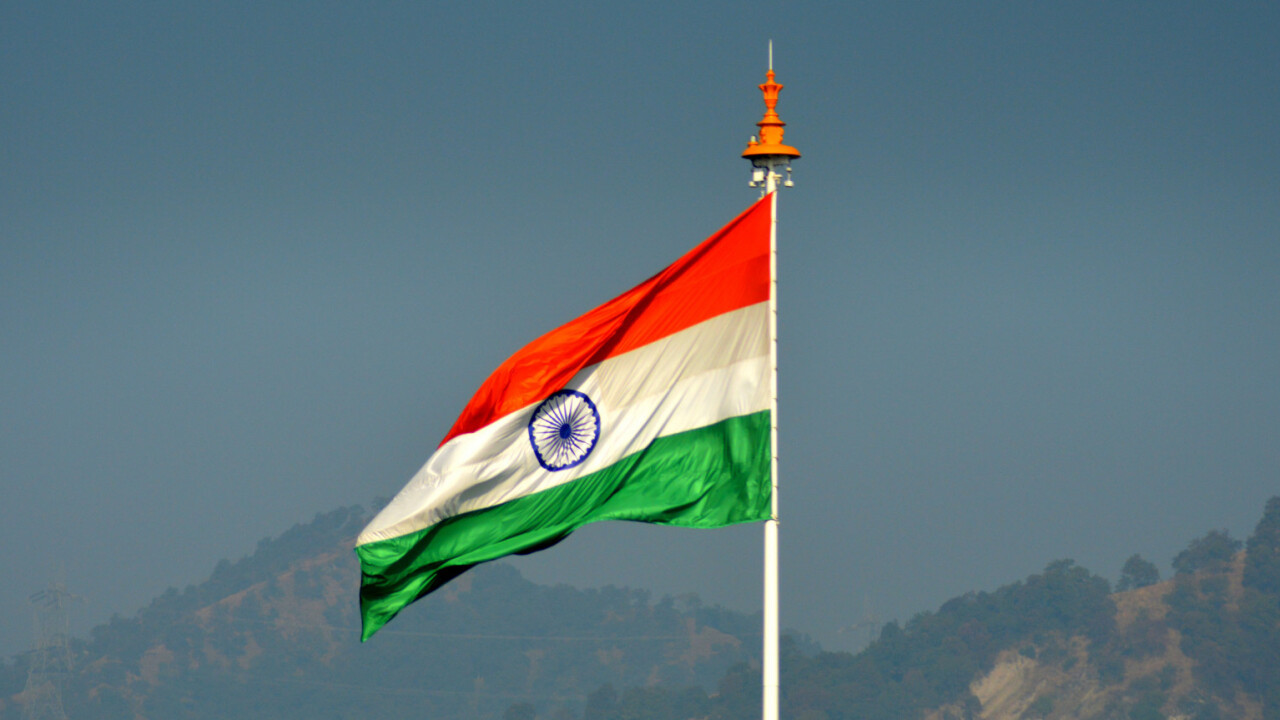Late last week, India signed a letter with Japan and Five Eyes Alliance (USA, UK, Australia, New Zealand, and Canada) asking tech companies to build backdoors in their end-to-end encrypted systems to enable law enforcement and other authorities to snoop on communications.
The letter says companies should provide lawful access to the system and they should also build mechanisms that can enable authorities to see content “in a readable and usable format where authorization is lawfully issued.”
With this move, these countries are making the same old argument about encryption. They’re saying that end-to-end encryption prevents companies from monitoring who’s breaking their terms of service and community guidelines, including incidents such as including child sexual exploitation and abuse, and terrorist propaganda. Plus, it hinders law enforcement agencies’ efforts to stop activities.
It’s strange that while other countries have a designated signatory from the government named in the letter, neither India nor Japan has an authority mentioned.
However, India’s call for encryption backdoors is not entirely surprising. In past, they’ve put pressure on Facebook-owned WhatsApp to open up its encryption after misinformative messages on the chat app led to several lynchings in the country.
Prasanth Sugathan, the legal director of Software Freedom Law Centre (SFLC), a New Delhi-based digital rights organizations, said that India’s lack of a data protection bill can put the power of unregulated surveillance in the hands of the government:
India currently does not have judicial oversight on surveillance and the Personal Data Protection Bill does not address the issue of state surveillance. This proposal is problematic because it gives excessive powers to the law enforcement agencies of these countries. They can now get easy access to information on users who rely on Signal and WhatsApp to communicate on sensitive matters.
Apart from the letter, there’s been no statement by the Indian government till now. So, it’s hard to know what exactly the country is planning to do after showing its intent to endorse backdoors.
Get the TNW newsletter
Get the most important tech news in your inbox each week.






